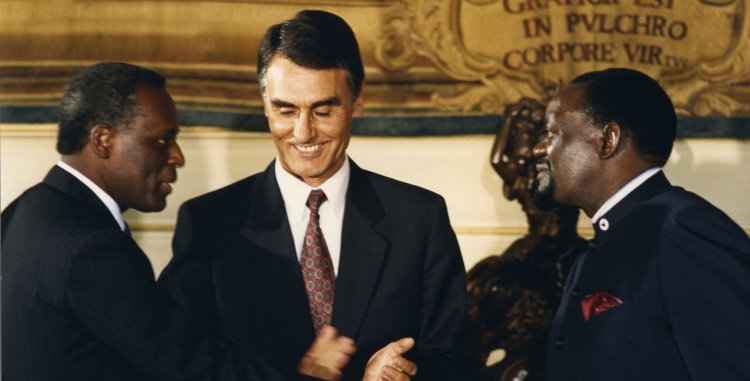"The executive secretariat of the permanent committee of the Political Commission of UNITA appeals to all national interest groups for permanent dialogue with a view to achieving the best solutions for our common challenges", reads a statement released on the day that the 32 years since the signing of the Bicesse agreements.
"These agreements aimed to put an end to the political-military conflict resulting from the violation of the Alvor Agreement, in 1975 by the MPLA [Popular Movement for the Liberation of Angola] which, unilaterally and with the complicity of Cuba and the USSR, proclaimed independence in Luanda, in the November 11", the document states.
The largest Angolan opposition party adds that, "in essence, the Bicesse Accords also aimed at restoring the spirit of the Alvor that advocated the holding of elections in October 1975, that is, the launch of the democratic system within which Angola would be born as independent state on November 11, 1975".
Today's date "has, therefore, a unique historical significance because the Bicesse Accords represented the beginning of the shift from the one-party system to the multi-party system as a fundamental premise for the construction of the democratic State of Law and a market economy", he adds. if in the text.
"The executive secretariat of the standing committee of UNITA's political commission, on behalf of the members, sympathizers and friends of the party, pays its simplest tribute to all the heroes, known and anonymous, who gave their lives for democracy and peace. made constitutes a Sacred duty, of current and future generations, its consolidation and deepening", concludes the document.
The Peace Accords for Angola – Bicesse Accords, with which the intention was to put an end to the civil war, were signed in 1991 in Estoril, between the then president José Eduardo dos Santos, and the president of UNITA, Jonas Savimbi, and mediated by Portuguese government, represented by Durão Barroso, at the time Secretary of State for Foreign Affairs and Cooperation.







